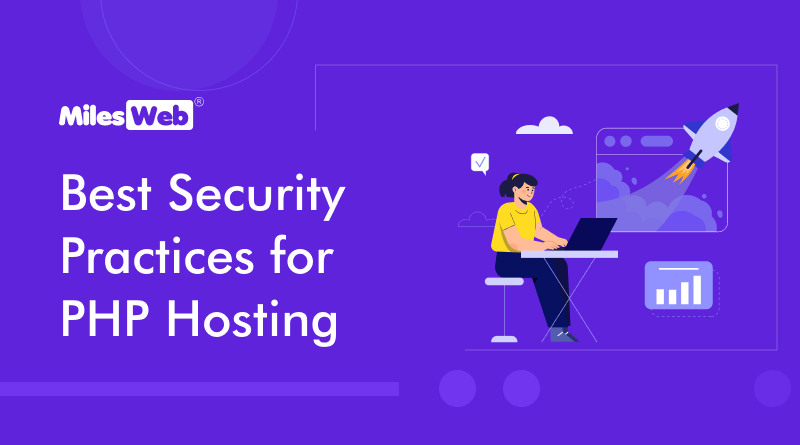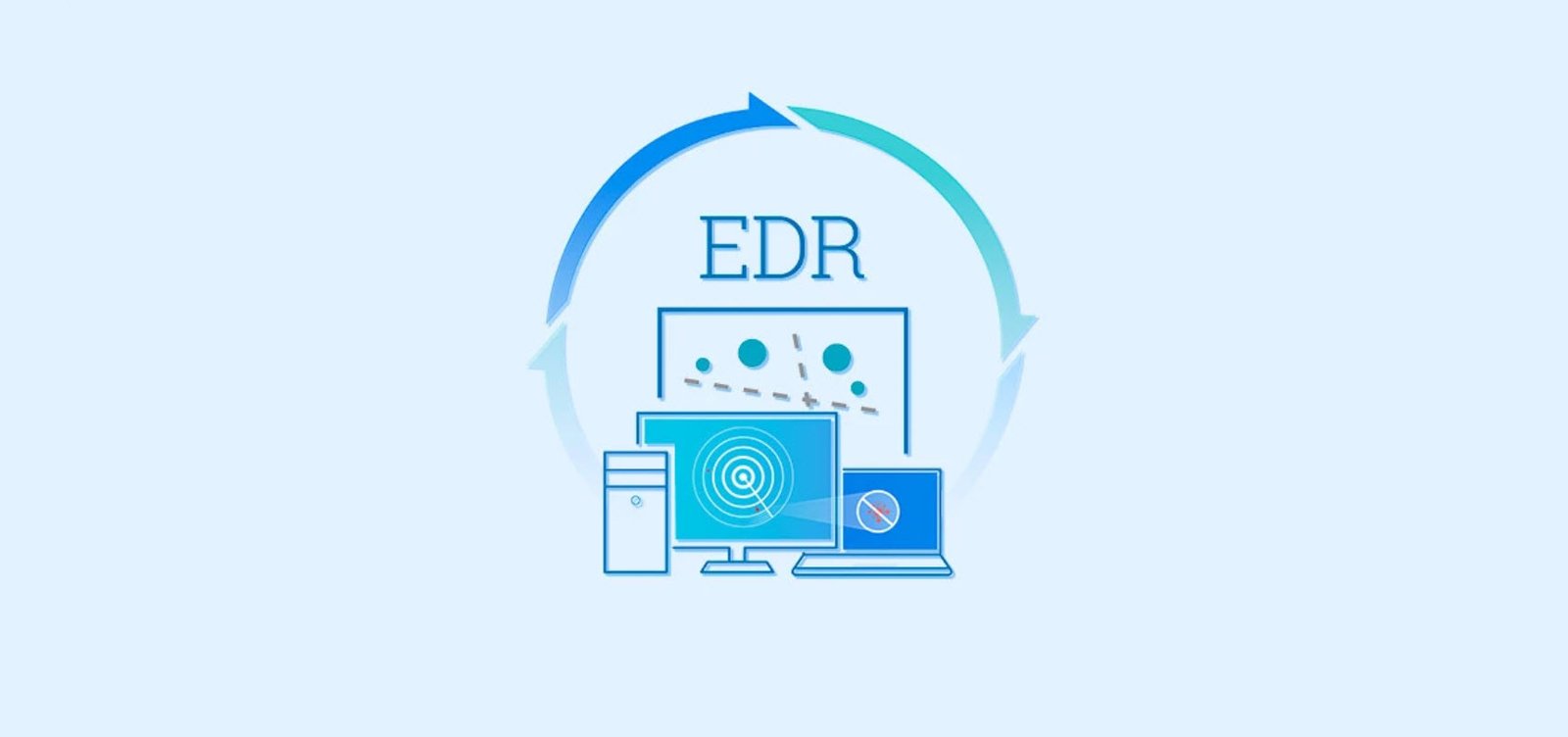
PHP is the leading website development framework that was launched in 1995. For 28 years, it has been the preferred choice of web developers to build websites. Apart from website development, the PHP web hosting infrastructure is also required to host websites.
Moreover, the security factor is a major concern that web developers need to consider. Although there are some best security practices to avoid SQL injections, like data tampering, more measures are required to follow in securing PHP based websites. The website security is not compromised in secured hosting infrastructure. So, not just PHP hosting but cheap Linux shared hosting also offer the complete security.
In this blog, we will be discussing best security practices that can be implemented in PHP website hosting services to safeguard data.
How Secure is PHP?
PHP is as secure as any other major programming language. The PHP server-side language is as secure as any other major server-side language. It’s now easier than ever to manage top-notch security with the new PHP frameworks and tools introduced over the past few years.
PHP is equally secure if we compare it to other languages. Throughout the years, all languages, including Rails, Java, and JavaScript, have had vulnerabilities. It is perfectly possible to write secure code in PHP, if you find a language that has not suffered from a vulnerability of any kind.
Tips to Make PHP Hosting Secure
1. Update PHP Regularly
As of right now, PHP 8.2 is the most stable and latest version available. For our readers, we have created a PHP benchmark. The PHP application you are using must be updated to this new version. When upgrading PHP apps that are still running on PHP 5.6 or 7, you will encounter a lot of deprecations. As well as updating your code, some functional logic, such as password hashing, will need to be changed.
MilesWeb as the leading PHP web hosting service provider offers hosting plans supporting the latest PHP versions. Hence, if you have an updated PHP version website to host, they are the preferred choice.
2. SSL Certificate
Auto encrypting sensitive information on PHP websites is crucial. If the website has data like personal information, transaction details and others, hackers always have an eye on it. Get the strong encryption with the help of SSL certificates configured in MilesWeb’s web hosting plans.
In addition to being morally right, keeping your visitors safe also enables your business to gain their trust. Internet users now know how to identify a site that has an SSL certificate (even if they don’t know what it’s called). In order for people to feel comfortable providing information to your brand or making a purchase through your website, you have to prove you’re trustworthy. SSL is a great way to do that.
3. DDoS Protection
Your site will be protected from layer seven attacks or malicious traffic using the DDoS protection service. MilesWeb is a reliable web hosting company that keeps your site flowing with legitimate visitors if you’re looking to protect against hackers.
Your site will be protected from DDoS attacks with web application firewalls and software that identifies illegitimate traffic with DDoS-protected VPS plans. These hosts offer complete protection with industry-standard features, including ample bandwidth, 24/7 technical support, and multiple dedicated IP address options.
4. Deploy PHP Apps on Clouds
Any web application must be hosted, since you create the project on local PHP servers and deploy it on live servers that offer shared, cloud, or dedicated hosting. We always recommend using cloud hosting services that MilesWeb offers. Websites and applications run fast, safely, and securely on them. For web applications, they always provide a secured layer to prevent DDOS, brute force attacks, and phishing attacks.
In order to deploy PHP applications on cloud servers, you need Linux skills to create powerful web stacks such as LAMP or LEMP, which can cost you time and money.
5. Daily Backups
Protecting your website from data loss: Your website contains information about your customers, products, and content. A backup copy of your website can ensure that you don’t lose valuable data in the event of a hack, hardware failure, or accidental deletion.
The recovery process after a security breach: Websites are often targeted by hackers looking to steal data or damage them. Backups ensure that you always have a clean and safe copy of your website in case of a security breach. MilesWeb offers daily backup services for
Conclusion
The PHP security best practices cover a wide range of topics. Globally, developers tend to develop different use cases for securing web apps. There are a number of companies that run bounty programs to find and reward security experts who find critical security loopholes in their applications. To help you understand how to secure your PHP projects from different malicious attacks, this article covers basic PHP security issues.
You may also like:- Top 5 Prominent Endpoint Detection and Response (EDR) Solutions
- Advanced Threat Protection (ATP) Hardware: Best Options for Comprehensive Security
- 5 OT Solutions for the Secure Remote Access
- 5 Most Effective Firewall Hardware Devices
- 5 Best Deception Technology Platforms For IT Infrastructure Security
- The 5 Most Useful IoT Development Tools
- Top 5 Connected Worker Platforms You Need To Know
- 5 IoT Operating Systems To Use in 2023
- Top 5 Best IoT Software Platforms
- Top 5 Best Managed Hosting Providers








